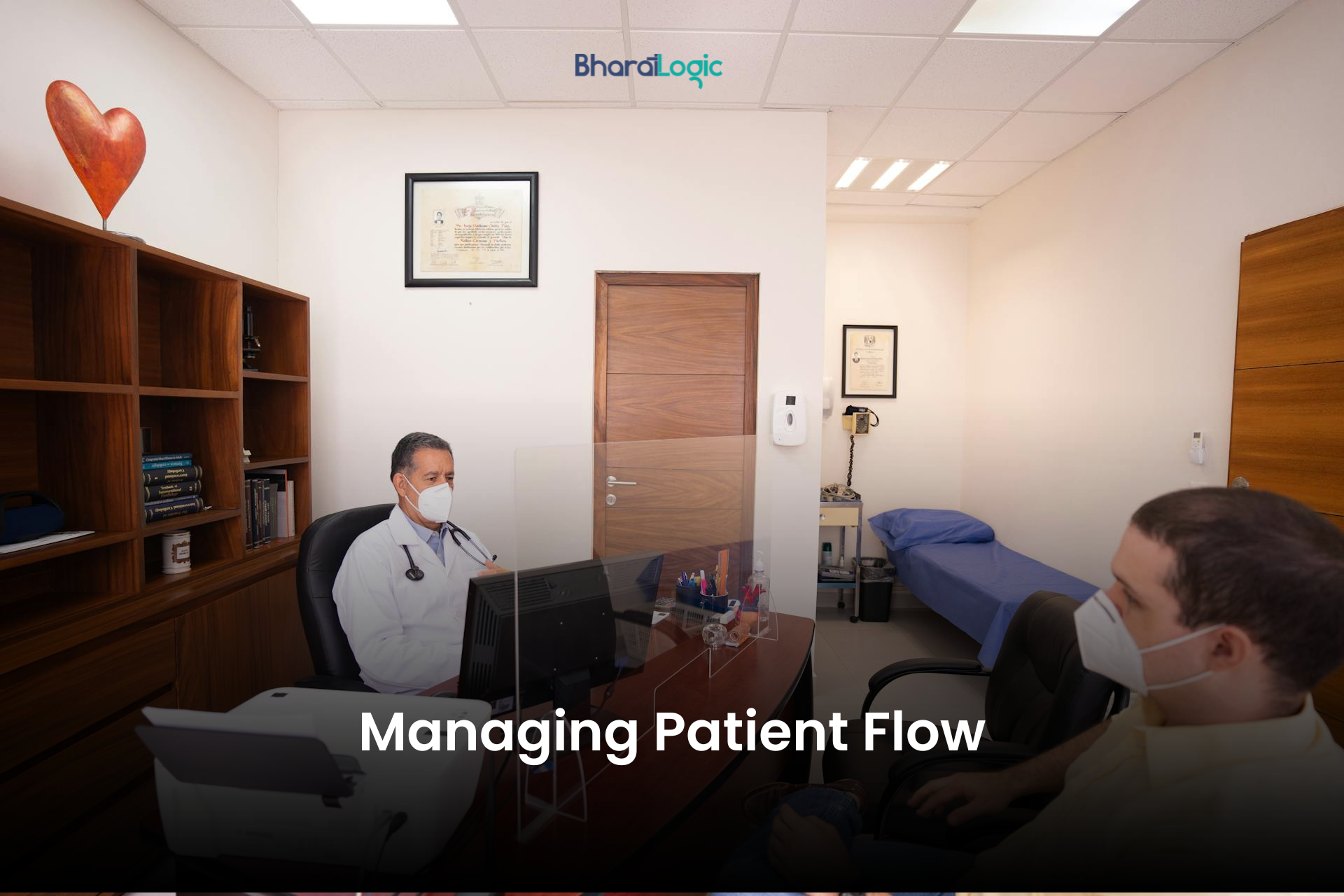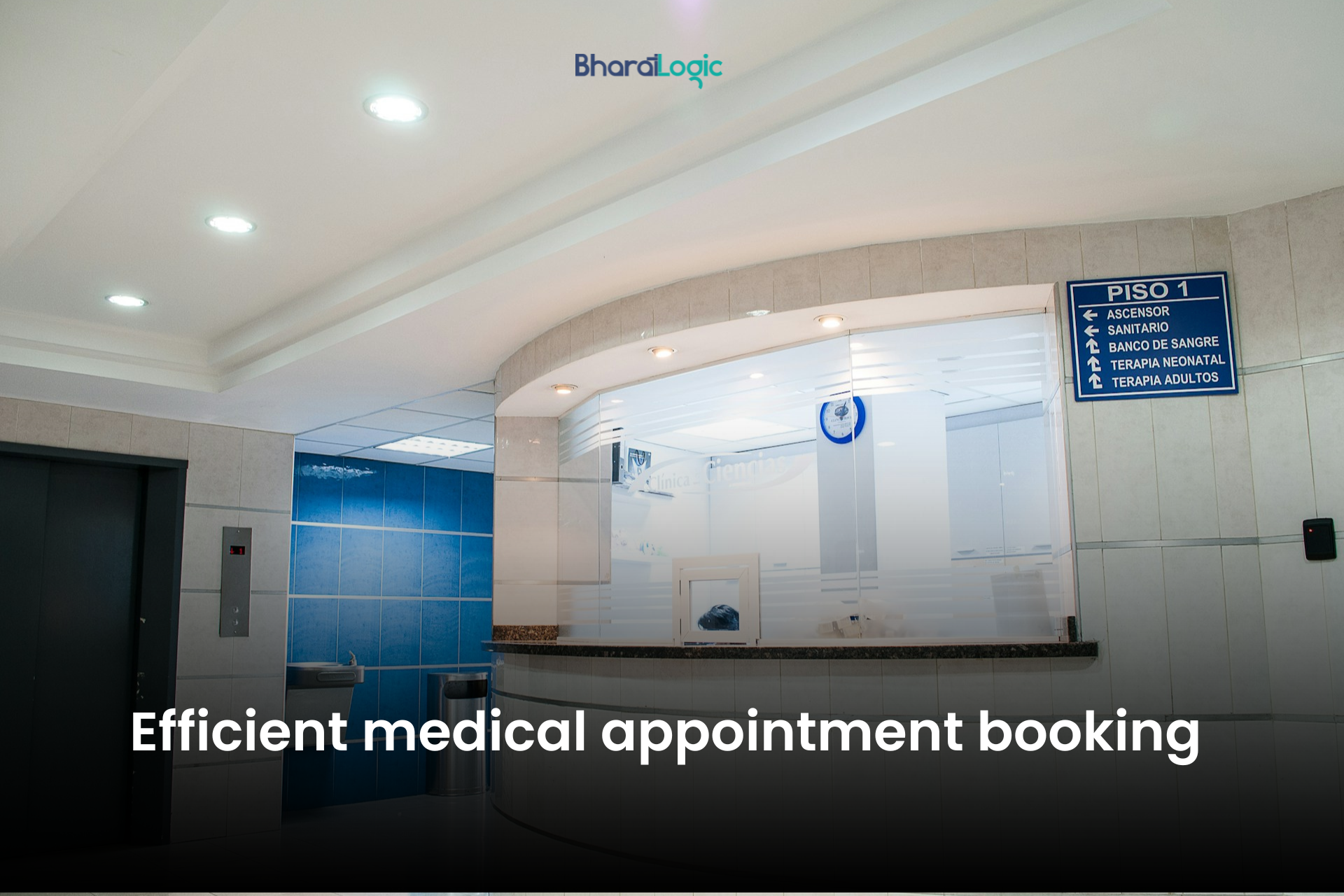Best Practices for Medical Appointment Booking and Management
An Efficient appointment booking and management are essential for both patients and healthcare providers. A well-organized system not only improves patient satisfaction but also enhances the overall efficiency of healthcare services. Here are some best practices to consider when managing medical appointments.

Streamlining the Booking Process
User-Friendly Interface
When it comes to appointment booking, simplicity is key. A user-friendly interface allows patients to navigate the scheduling system with ease. This includes clear instructions, intuitive navigation, and mobile compatibility. By eliminating unnecessary steps in the booking process, healthcare providers can significantly reduce no-show rates and enhance patient engagement.
Online Booking Options
In today’s digital age, offering online booking options is no longer optional—it’s essential. Patients appreciate the convenience of being able to book appointments anytime and anywhere. Implementing an online scheduling system can save time for both patients and staff, allowing for a more efficient workflow. Additionally, providing options for patients to manage their appointments, such as rescheduling or cancelling, further enhances their experience.

Effective Communication
Reminder Systems
Reminders are crucial for reducing no-shows and cancellations. Automated reminder systems can send emails, text messages, or phone calls to patients ahead of their appointments. This proactive communication helps patients keep their appointments and allows healthcare providers to better manage their schedules.
Clear Instructions
When patients book an appointment, it’s vital to provide them with clear instructions regarding what to expect. This includes information about what to bring, how to prepare for the appointment, and any forms that need to be completed. Clear communication fosters trust and reduces anxiety, leading to a better patient experience.

Managing Patient Flow
Efficient Check-In Processes
A smooth check-in process sets the tone for the entire appointment. Utilizing technology, such as self-service kiosks or mobile check-in, can reduce waiting times and improve patient satisfaction. Additionally, ensuring that staff are trained to handle check-ins efficiently can further streamline the process.
Triage Systems
Implementing a triage system can help prioritize patient appointments based on urgency and need. By identifying which patients require immediate attention and which can wait, healthcare providers can optimize their schedules and reduce wait times for all patients.

Utilizing Technology for Better Management
Interventional Protocol Solution
Incorporating a healthcare management app, such as an interventional protocol solution, can significantly enhance appointment booking and management. These apps provide a comprehensive platform that integrates scheduling, patient records, and communication tools. They streamline the referral process, manage patient flow, and offer analytics to improve operational efficiency. With features like automated reminders and secure messaging, such solutions empower healthcare providers to deliver high-quality care while minimizing administrative burdens.

Collecting and Analyzing Data
Patient Feedback
Collecting patient feedback post-appointment can provide valuable insights into the strengths and weaknesses of the booking process. Surveys can help identify areas for improvement and inform future practices. Encouraging patients to share their experiences promotes a culture of continuous improvement and demonstrates a commitment to patient satisfaction.
Performance Metrics
Tracking performance metrics related to appointment scheduling can help healthcare providers identify trends and areas needing attention. Metrics such as the rate of no-shows, average wait times, and appointment cancellations can provide a clearer picture of operational efficiency. Analyzing this data enables healthcare organizations to make informed decisions that enhance patient care.

Training Staff
Staff Education
Training staff on best practices for appointment management can have a significant impact on overall efficiency. Ensuring that all team members are knowledgeable about the booking system, customer service protocols, and communication strategies fosters a cohesive approach to patient care. Regular training sessions can keep staff updated on new technologies and processes, ultimately benefiting the patient experience.
Empowering Staff
Empowering staff to take ownership of their roles in the appointment management process can lead to improved patient interactions. Encouraging staff to communicate openly with patients, address concerns, and offer solutions fosters a positive environment. When staff feel invested in their work, it reflects in their interactions with patients.

Efficient medical appointment booking
Efficient medical appointment booking and management are critical components of a successful healthcare practice. By implementing user-friendly systems, maintaining effective communication, managing patient flow, leveraging technology, and fostering a culture of continuous improvement, healthcare providers can enhance the patient experience and streamline operations. As the healthcare landscape continues to evolve, embracing innovative solutions like interventional protocol management apps will be key to staying ahead and providing the best possible care. Ultimately, patients should feel valued and cared for, and an effective appointment management system is a vital step toward achieving that goal.




